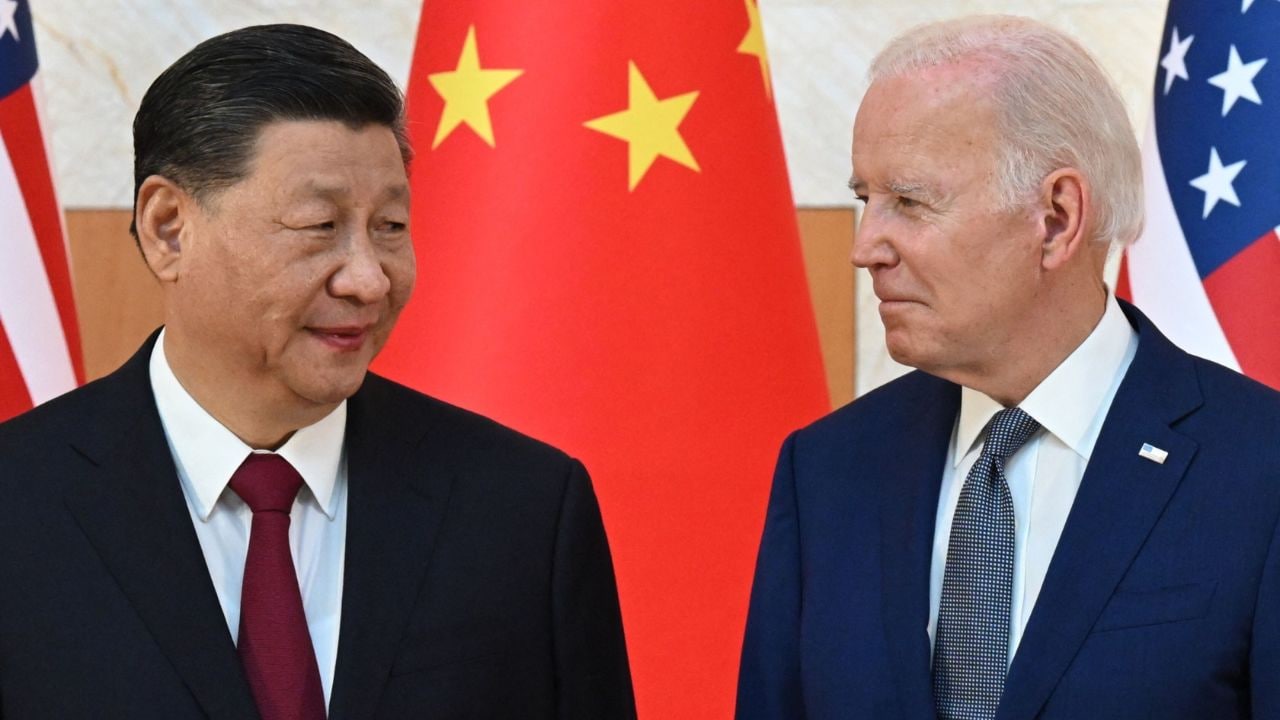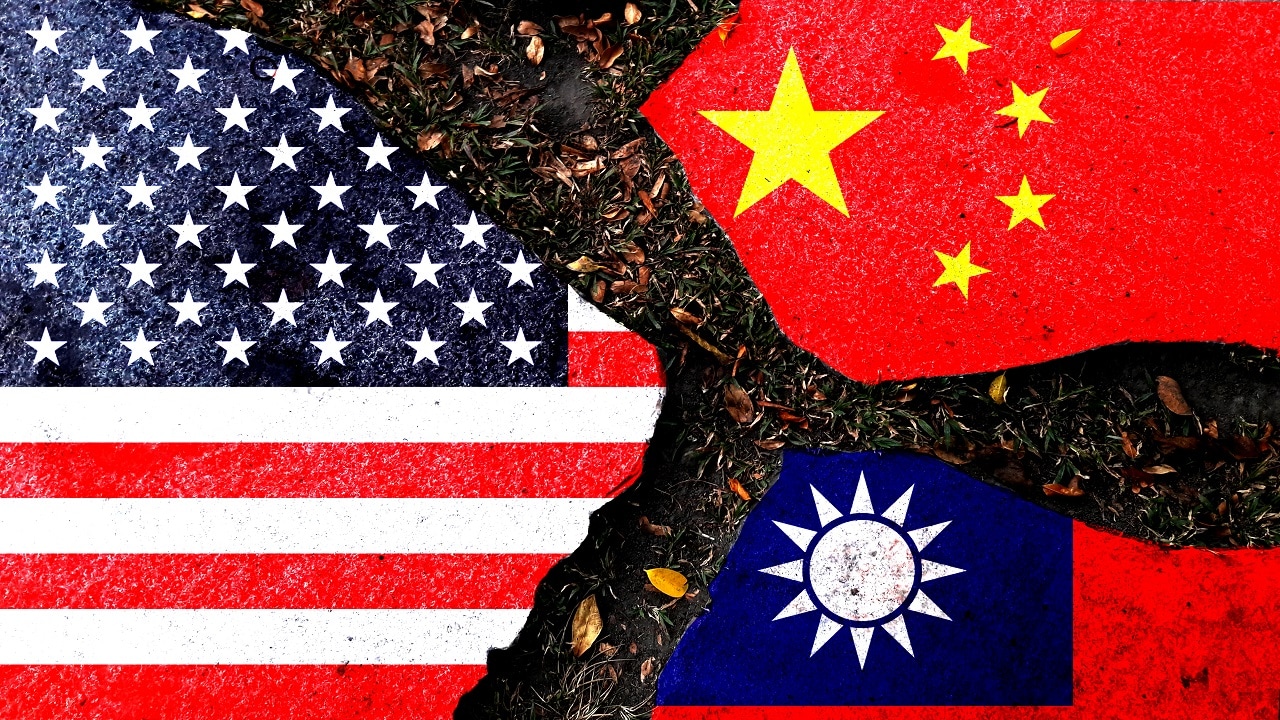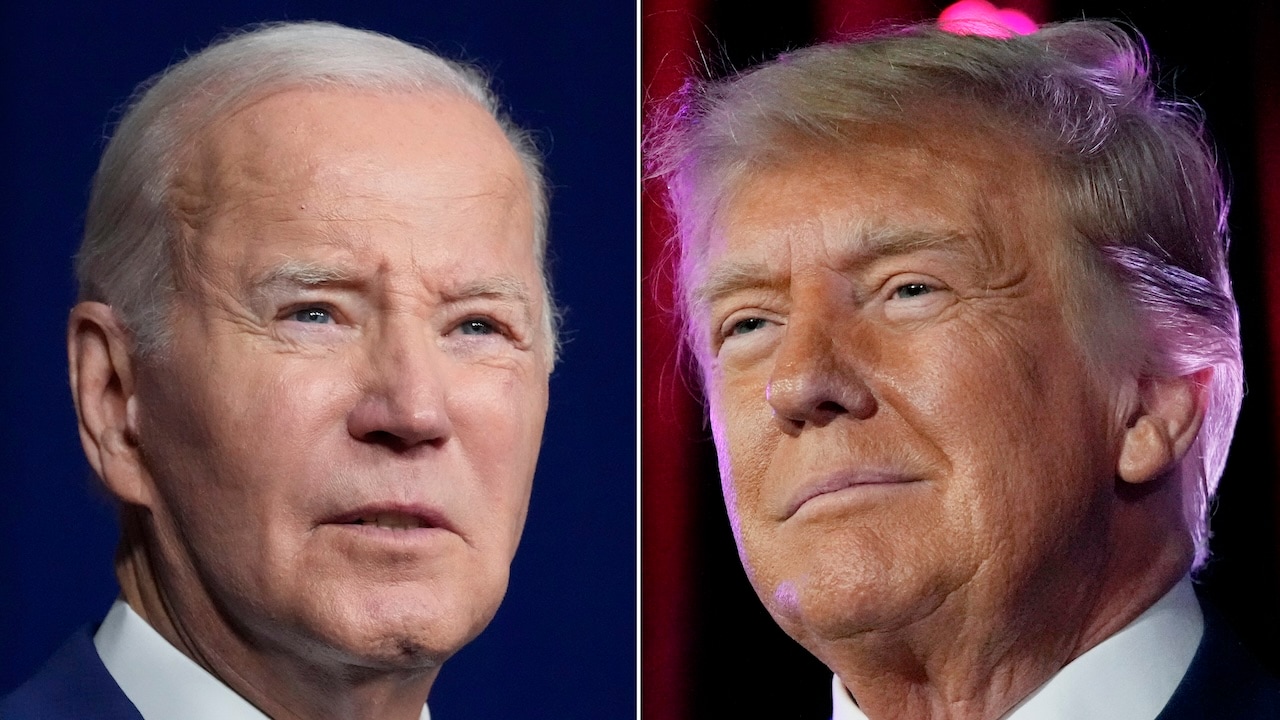In a bid to defuse tensions preceding Taiwan’s upcoming presidential inauguration, US President Joe Biden and Chinese President Xi Jinping engaged in a phone conversation earlier this week.
This dialogue marks the first direct communication between the two leaders since their face-to-face meeting in November of 2023.
Analysts suggest that Biden’s initiative to engage with Xi Jinping directly stems from a broader strategy to mitigate potential conflicts amidst the ongoing Ukraine war and tensions in Israel.
Brahma Chellaney, a Strategic Affairs Expert, noted that Biden’s priority includes averting a crisis in the Taiwan Strait, particularly considering the challenges the US faces in other global arenas.
He emphasised the importance of the underlying dynamics of US-China relationship, especially US’s historical role in aiding China’s rise and the subsequent emergence of the East Asian nation as a significant global rival.
Meanwhile, US Treasury Secretary Janet Yellen commenced her five-day visit to China, addressing concerns over the country’s industrial overcapacity during an event hosted by the American Chamber of Commerce. Yellen stressed the need for China to address its excessive industrial capacity, which has implications for the global economy.
In her address, Yellen commended China’s strides in market reforms and hailed it as one of the most significant economic success stories of contemporary times.
Founder and MD of China Market Research Group, Shaun Rein, suggested that while the Biden administration aims to stabilise US-China relations, containment remains a key strategy.
“It’s very clear that the Biden regime and whoever might be the next President, the United States is going to try to contain China, destabilise the Communist Party. When you look at a 10-20-year period, it’s quite clear that American politicians don’t want to see a strong China that develops BRICS into something that rivals the G7,” he explained.
However, they can’t go into a wartime footing with China right now and create a proxy war over Taiwan, because the US is overly stretched economically, overly stretched with the debt level, overly stretched militarily around the world, he said.
“So what Biden and China are trying to do is sort of stabilise the relationship, but they’re still containing and that’s what the Chinese view is, that no matter what Biden is saying with his words, but you have to look at his actions,” he stated in an interview to CNBC-TV18.
Watch accompanying video for entire discussion.










 Listen to the Article
Listen to the Article 
 Daily Newsletter
Daily Newsletter












